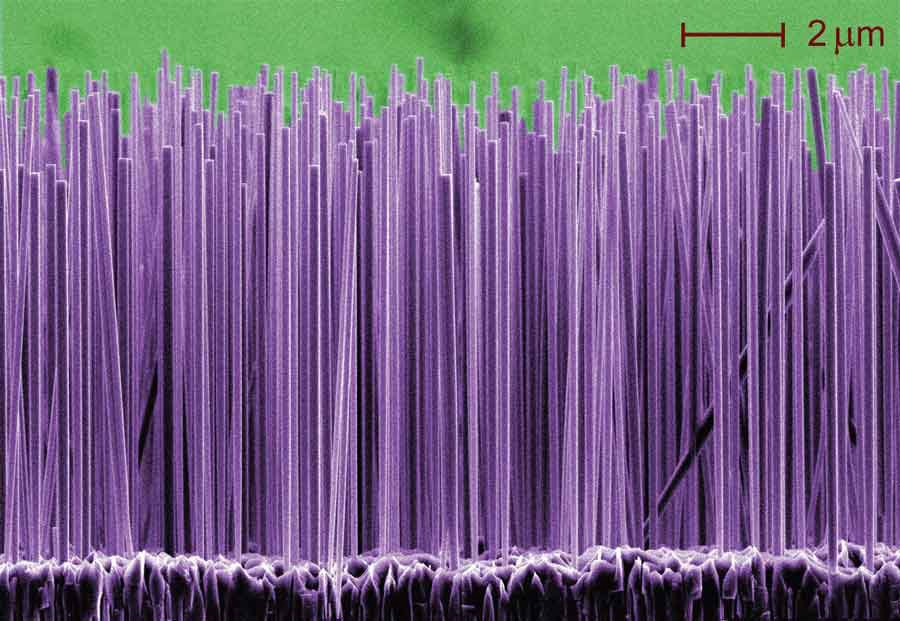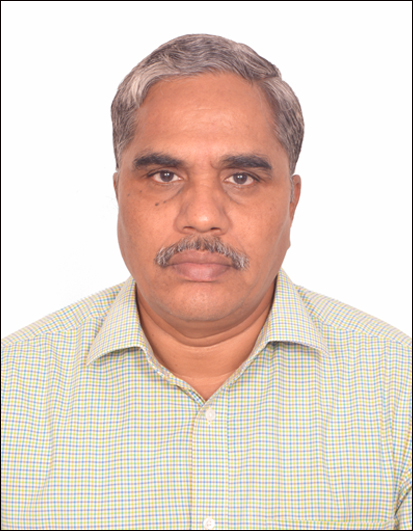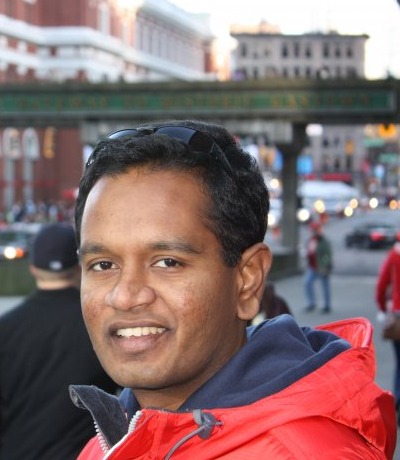About Program

National Science Day and Raman Effect, Why the sky looks blue? This is a critical question that any child can ask its parents. This was explained by Raleigh way back in 1871. According to Raleigh, this is due to the elastic scattering of sun light by oxygen and nitrogen molecules in the atmospheric air. If you apply inverse fourth power law of Raleigh the scattering of sunlight which is primarily polychromatic light from sun ranging from Violet to Red, Violet would have been scattered more strongly than Red and his explanation was satisfactory though the feeble question remain unanswered as to why the sky is blue instead of violet. To make an attempt to identify the right answer, Adolf Smekal in 1923 predicted the inelastic scattering of light and that was validated by C.V. Raman in 1928. The inelastic scattering of photon by molecules which are excited to high energy levels is Called Raman effect. This was invented by C.V. Raman and his student K.S.Krishnan in liquids on 28th Feb 1928. This day is being celebrated as National Science Day in our country. The spectrum of the Raman-scattered light depends on the molecular constituents present and their state, allowing the spectrum to be used for material identification and analysis. The application of Raman effect leads to Raman Spectroscopy which is used by chemists and physicists to gain information about materials.

Emergence Ever since mankind observed that the property of any system is different from the sum of its individual components, it started asking how does this happen?
Whether it be a material formed out of collection of atoms or an organ formed out of collection of cells, or a group of individual men and women forming a society there is no law to explain the final result by adding the individual pieces as we do in Physics using laws like Conservation of Energy.
German Philosopher Georg Wilhelm Fredrich Hegel states this in his book Science of Logic as quantity changes lead to a qualitative change. What is the mechanism that makes quantity changes leading to a quality change? This question was haunting the scientists for a long time and this leads to the birth of research of this phenomenon named as Emergence in 1980s.
Emergence refers to collective Phenomenon or behaviors in complex adaptive systems that are not present in their individual parts. By, breaking a complex object into its parts we are enabled to understand the parts in detail. But, when you put all the knowledge about the parts back together, there is a surprise. The complex thing has properties which are not present in any of the parts and are the result of the combining together of the parts.

TNSF is trying to popularize the research held on Emergence during the last few decades by organizing a lecture on Emergence on the eve of the National Science Day, the day in which the optical phenomenon Raman Effect was invented way back in 28-2-1928.
Department of Nuclear Physics at University of Madras was established at its Guindy Campus way back in 1960 by Dr. Devanathan. Dr. C. Venkateswaran is heading this department now. Dr. C. Venkateswaran did Ph. D. at the Department of Physics, Anna University, Chennai. Since 1999, he is a faculty (Professor and Head since 2014) at the Department of Nuclear Physics, University of Madras, Guindy Campus. His fields of specialization include High Pressure Physics, High Temperature Superconductivity, Diluted Magnetic Semiconductors, Multiferroic Materials, Thin film deposition, Design of Instruments. He handled Major Research Projects funded by DRDO, UGC-DAE-CSR, DST etc. He has publications in reputed international journals with citations above 800. He is a Reviewer for several international journals. He is Member in Magnetics Society of India, Materials Research Society, and a Fellow of the Academy of Sciences, Chennai.

